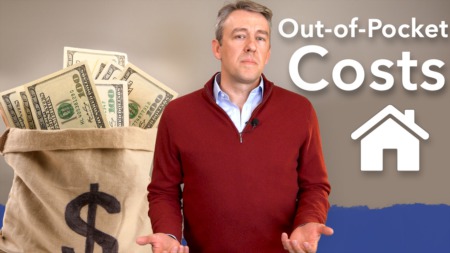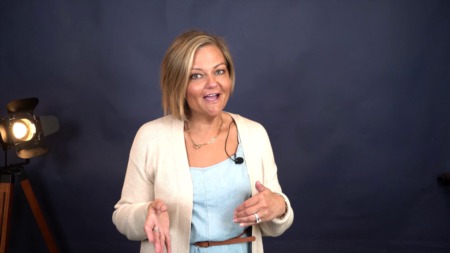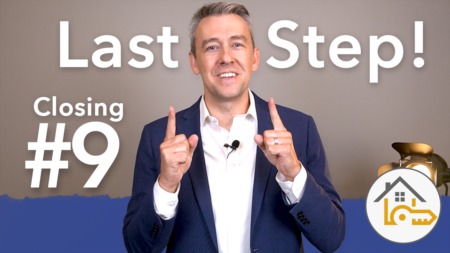Don't Let Your Credit Score Take a Dive: Why Closing That Card Might Be a Bad Idea
Why You Shouldn't Close a Credit Card Before Buying a House
It was a sunny day when Kristi Roberts, not-yet-broker of KNE Realty, decided to pay off her credit card and close the account. She was already at a 760 credit score, so this would surely bump her up to that golden 780, right? Wrong. Not only did it not bring her score up - it actually made it worse than it was.
Her credit score dropped just because she closed a credit card that was completely paid off. Crazy, right? But it probably happens more often than you think. Here’s some of the juicy stuff from our podcast with a mortgage professional
about why closing a card, even with a zero balance, could hurt you more than it helps.
Two Main Reasons/Factors
Your credit score is your key to unlocking better interest rates, lower insurance costs, and ideally dream homes. So keeping it healthy by paying off your cards is crucial. But here's the kicker: closing a credit card, even if you've paid it off completely, factors into your score differently than just having it paid off. Why? Two key factors play a major role:
1. Credit Utilization : This is how much credit you're using compared to your total allowed limit. Closing a card reduces your total available credit, making your existing balances (even small ones) seem like a bigger chunk of debt. Imagine it’s like filling a bucket with water. If the bucket is smaller (smaller credit limit), even a little water (your balance) looks like a lot, negatively impacting your utilization ratio.
2. Credit History : The age of your credit accounts matters too. Closing an older card shortens your overall credit history, which also dings your score. Think of it like building a financial resume. The more years of responsible credit use you showcase, the more trustworthy you appear to lenders. Closing a card is like erasing a page from your resume, making you look less experienced.
So, what can you do instead of hitting the "close account" button? While we’re a real estate team and don’t give personal financial advice (leave that to Greg Goddard ), here’s the now-obvious thing Kristi wishes she would’ve done:

Okay, Then What?
Keep it open, use it wisely: Don't just let the card gather dust! Use it for small purchases and pay them off in full each month. This keeps your utilization ratio low and your credit history ticking. Greg Goddard , our preferred mortgage lender, recommends aiming for 20% usage of your allowed limit .
Remember, your credit score is like a long-term relationship. Building it takes time and effort, so don't make any rash decisions that could damage it. If you’re questioning a decision you want to make, talk to a credit counselor or financial advisor before pulling the trigger.
Bonus Tip : Don't wait until house-hunting to think about your credit score! It really is important, and when Mortgage Officers say you should talk to them as soon as possible when you’re buying a house, it’s because it truly is in your favor. It gives you clarity on how much “buying power” you have: exactly what home price you can get approved for. If you were hoping to be approved for more, by talking to the Mortgage person earlier, you have more time to build your way there, and they can tell you how to do that.
If you live in Southeast Michigan and you’d like personalized advice, reach out to Greg Goddard at (734) 915-2332 . He’s fantastic, knows his stuff, and won’t pressure you like some others in the business will.
Check out our full podcast episode on how much credit is needed to buy a house here:






Post a Comment